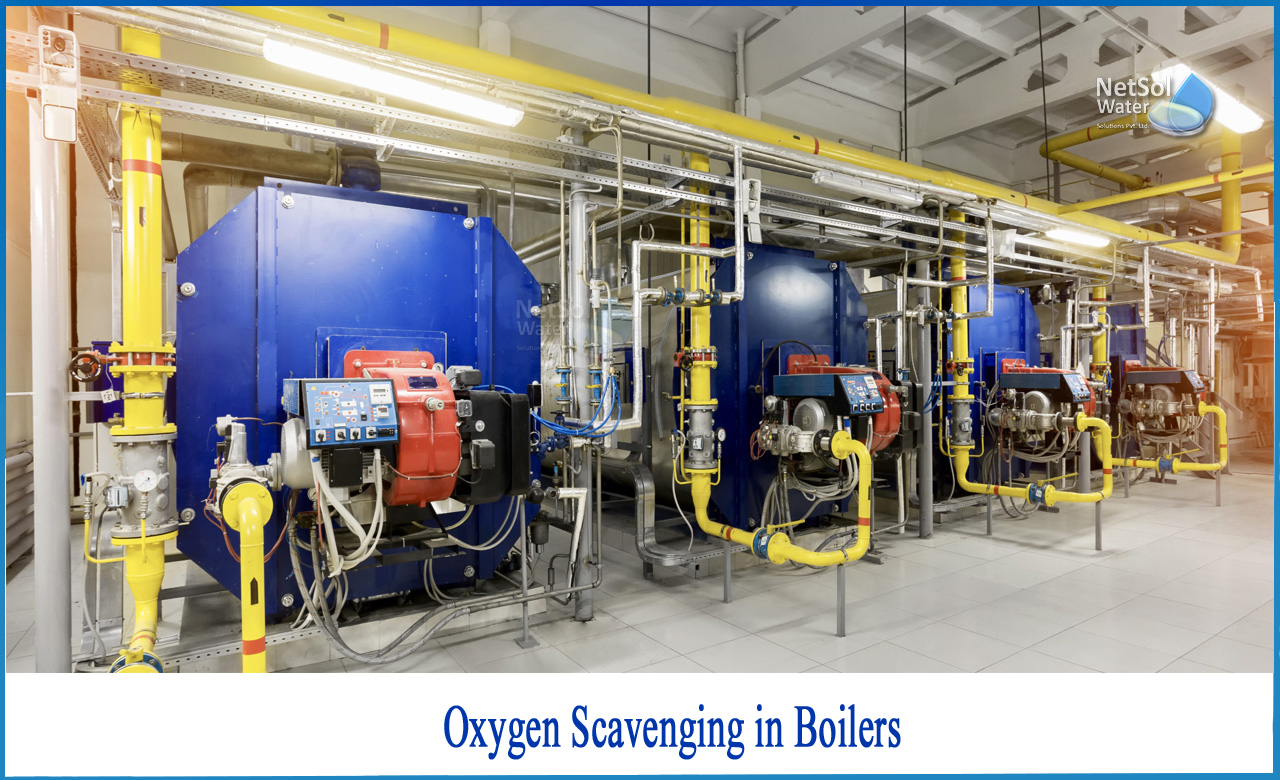Benefits of Oxygen Scavengers
- Prevents oxidation of spice oleoresins found in spices and seasoned foods, allowing them to preserve their fresh-roasted flavour.
- Vitamins A, C, and E are not oxidised.
- Prolongs the shelf life of pharmaceuticals.
- Mould is inhibited in natural cheeses and other fermented dairy products with this ingredient.
- Non-enzymatic browning of fruits and some vegetables is postponed.
- Most berries and sauces have a red pigment that is resistant to oxidation and condensation.
- In museums, a lack of oxygen aids to a pest-free environment.
The oxygen scavenging technique may lower oxygen levels in sealed containers to less than 0.01% in a matter of minutes.
What are the Typical Uses of Oxygen Scavengers?
- Vitamins and pharmaceuticals
- Kits and devices for medical diagnosis
- Potassium in the wine industry, metabisulfite is commonly used to both scavenge oxygen and provide a layer of gas that isolates wine from oxygen.
Foods that are susceptible to rancidification include:
- Snacks with nuts
- Dry whole-fat foods
- Meats that have been processed, smoked, or cured (including jerky and dried meat nuggets)
- Dairy items and cheeses
- Seasonings and spices
Items made of flour and grains
What is Oxygen Scavenging in Boilers?
Oxygen produced from Boiler water can damage metallic boiler components if not handled, resulting in higher maintenance costs and worse boiler efficiency. Metal corrosion caused by oxygen is a major problem in the operation and maintenance of industrial boiler systems and steam raising plants. The necessary water conditions must be maintained at all times to ensure that such boiler systems are well maintained and run at maximum efficiency. This can be accomplished by using oxygen scavengers that have been specifically designed for steam boilers and feed water corrosion prevention in steam raising facilities.
Conclusion: Why use oxygen scavenging?
The technologically advanced boiler water oxygen scavengers are scientifically formulated to combat the harmful effects of oxygen-related corrosion in industrial boiler systems, hot water systems, and steam raising plants, reducing maintenance costs, maintaining boiler efficiency, and extending plant and equipment life. Tannin, sulphite, carbohydrazide, and DEHA chemical mixes are among them. These are
- Sulphite liquid that has been neutralised and catalysed for use in low and medium pressure boilers.
- Bisulphite liquid that has been catalysed. For use in low and medium pressure boilers, this material has high strength.
- Liquid-based on carbohydrazide for use in de-aerated feedwater. Hydrazine substitute that works. High-Pressure Boilers benefit from a "zero solids" treatment.
- Liquid oxygen scavenger based on tannin. It scavenges oxygen while also forming a corrosion-resistant coating. Low pressure and steam heritage applications are ideal.
Liquid-based on DEHA. Steam is volatile and contains "zero solids." Ideal for medium and high-pressure boilers, and will also protect the condensate system.
Netsol Water is Greater Noida-based leading water & wastewater treatment plant manufacturer. We are industry's most demanding company based on client review and work quality. We are known as best commercial RO plant manufacturers, industrial RO plant manufacturer, sewage treatment plant manufacturer, Water Softener Plant Manufacturers and effluent treatment plant manufacturers. Apart from this 24x7 customer support is our USP. Call on +91-9650608473, or write us at enquiry@netsolwater.com for any support, inquiry or product-purchase related query.



